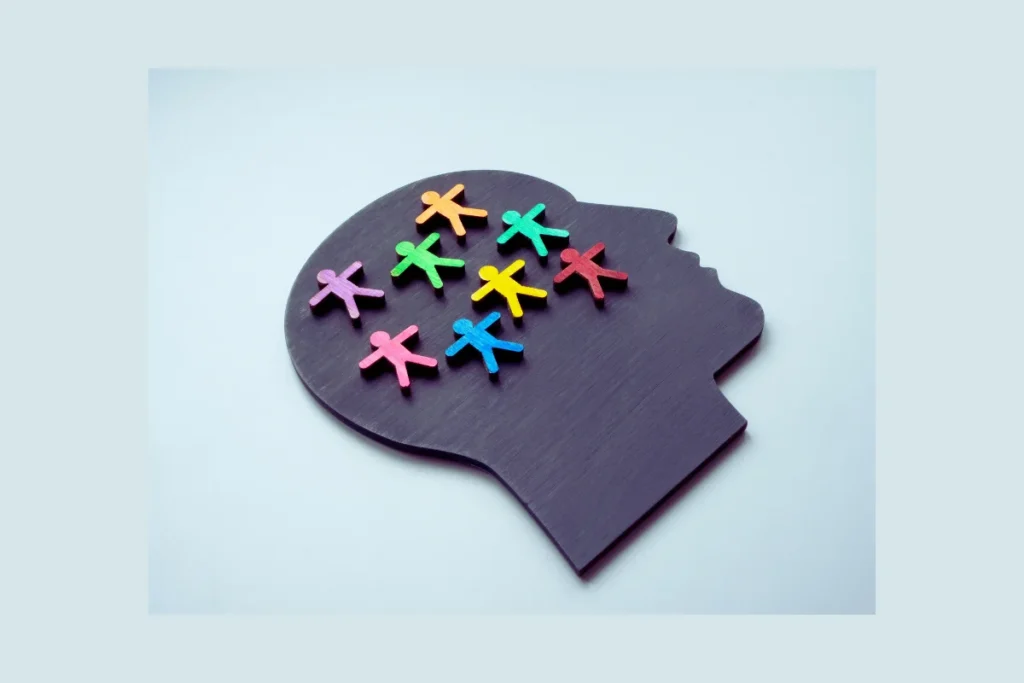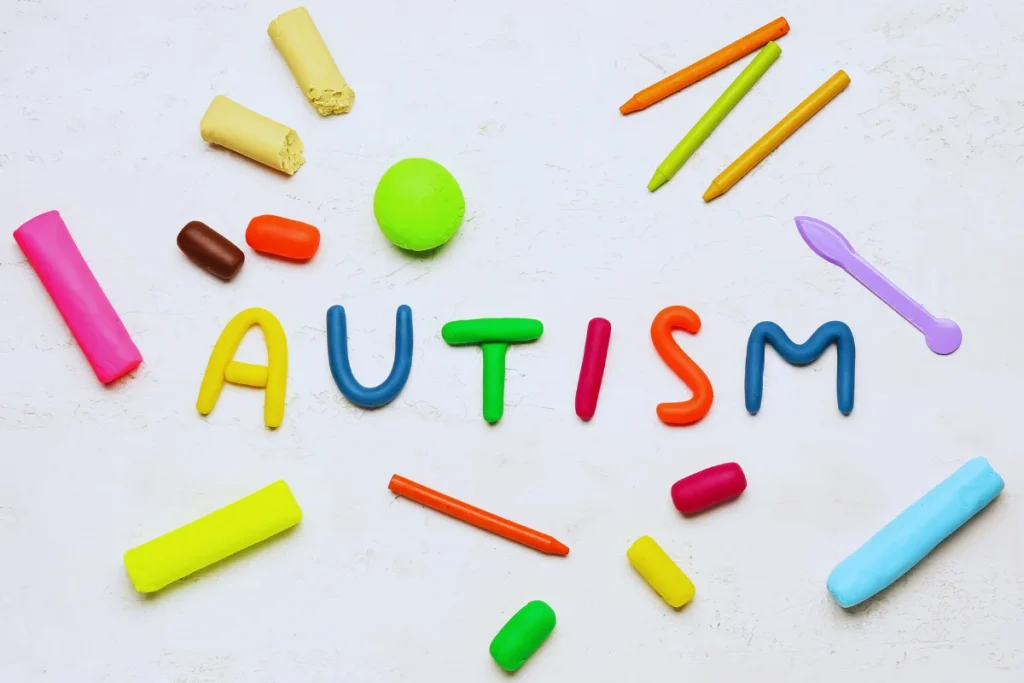An autism diagnosis can bring mixed emotions—relief in understanding behaviours or feelings, or shock as you adjust to the news. Take time to process. Remember, support is available, and life can improve. What happens after an autism diagnosis is a path to support, understanding, and positive change.
Table of Contents
Understanding Your Diagnosis
What Does an Autism Diagnosis Mean?
Being diagnosed with Autism Spectrum Disorder (ASD) as an adult can feel like finally solving a puzzle. ASD affects how you connect with others, process sensory input, and manage daily routines. With autism home care in London, daily living becomes easier and less stressful.
Core Traits:
- Social situations may feel overwhelming or confusing.
- Sensory sensitivities can include strong reactions to sounds or bright lights.
- Routines often feel comforting and important to daily balance.
Different types of care homes can provide the support needed to help autistic adults live fulfilling lives while offering stability and structure
Why the Diagnosis Matters:
- It explains behaviours or challenges that may have seemed confusing in the past.
- It helps build self-awareness and acceptance.
- It provides access to resources, which can be crucial for learning how to deal with autism anger in adults or developing coping strategies.
Understanding what questions are asked in an autism assessment for adults can help you feel more confident about the process and the steps ahead.

Emotional Responses Post-Diagnosis
It’s completely normal to have mixed emotions after receiving a diagnosis.
Relief: Many feel reassured as the diagnosis provides clarity about their experiences.
Anxiety: It’s also common to worry about adjustments and how others may perceive you.
What Helps?:
- Reflect on your feelings through journaling or quiet time.
- Joining support groups like the National Autistic Society to connect with others who understand your journey.
What Happens After an Adult Autism Diagnosis in the UK: Steps to Take
Share Your Diagnosis
- Start with someone you trust: Talk to a close family member or friend who you feel comfortable with.
- Explain your experience: Share how autism affects your daily life, like challenges you face or routines you follow.
- Ask for support: Let them know how they can help, whether it’s emotional support or assistance with practical tasks.
Seek Professional Help
- Book a GP appointment: Your GP can guide you to autism-specific resources and services in your area.
- Try counselling or therapy: Consider speaking with a therapist to process your diagnosis and work on personal goals.
- Follow up on referrals: If your GP suggests local autism support groups or specialists, contact them promptly.
Learn About Autism
- Use online resources: Visit trusted websites like the National Autistic Society or NHS Autism Support for reliable information.
- Join forums or groups: Engage with online communities to share experiences and learn practical tips.
- Read books or guides: Look for resources that explain autism in an easy-to-understand way to deepen your understanding.

Accessing Support
- Request a Needs Assessment: Contact your local council for a needs assessment to evaluate your care and support requirements. This can determine eligibility for services such as social care or financial aid.
- Social Care Support: If eligible, social care services can help with tasks like cooking, cleaning, and transportation. Discuss your specific needs with the council to design an appropriate plan.
- Daily Living Assistance: Local services may offer help to make everyday activities more manageable. Reach out to your council for guidance on accessing these services.
- National Autistic Society:
- Offers workshops, peer support groups, and online resources.
- Visit their website (National Autistic Society) to find a local group or join online programs.
- Autism-Focused Charities:
- Many national and local charities provide guidance, tools, and community support tailored to autism.
- Search for autism charities in your area to research available resources.
What To Do If I Have Autism
Workplace Adjustments
The workplace can be a challenging environment, but the Equality Act 2010 makes sure that autistic individuals have the right to reasonable accommodations. These adjustments help create a supportive and productive work environment.
| Adjustment | Description |
| Flexible Hours | Adjust start and end times to suit individual needs. |
| Quiet Spaces | Provide areas with reduced noise for better focus. |
| Clear Communication | Use written instructions to avoid misunderstandings. |
If you feel unsure about asking for adjustments, consider discussing them with your manager or HR department. Many workplaces are happy to support their employees’ needs.
Educational Support
If you’re continuing your education, most institutions offer resources for adult learners with autism.
| Support | Description |
| One-on-One Assistance | Tutors or mentors who understand your learning style. |
| Extended Deadlines | Extra time for assignments or exams. |
| Study Tools | Access to note-taking software or quiet study areas. |
Contact your school’s disability support team to find out what’s available and how to apply for these accommodations.
Vocational Training
Vocational training programs are a great way to build practical skills and prepare for employment.
| Focus Area | Description |
| Skill Development | Training in fields like IT, design, or customer service. |
| Confidence Building | Learning in a supportive, understanding environment. |
| Career Readiness | Hands-on experience to transition into the workforce. |
Look for local training centres or online programs that specialise in autism-friendly learning. They can open up opportunities and help you find work that suits your strengths.
Financial and Legal Support
Disability Benefits
- Personal Independence Payment (PIP): Financial support for daily living and mobility needs. You can apply through the PIP application portal.
- Employment and Support Allowance (ESA): Provides financial help if you’re unable to work or need support while working. Speak with your GP or visit ESA guidance.
Legal Protections
- Equality Act 2010: Protects autistic individuals from discrimination in workplaces, education, and public services.
- Employers are required to make reasonable adjustments to help you succeed.
- Education providers must offer fair opportunities and accommodations.
Financial Guidance
- Managing Finances:
- Contact organizations like Scope for budgeting advice and grants.
- Local autism charities can help you access additional funding opportunities or benefits.
Conclusion
Getting an autism diagnosis is the start of a journey to understand yourself better. You can access valuable tools and build a support network by connecting with local services, charities, and NHS resources.
Whether it’s finding workplace adjustments, exploring educational opportunities, or managing daily life, help is available. Remember, you are not alone, and support is always within reach. Need dedicated care and support? Metro Care UK is here to guide you with practical solutions tailored to your needs.
Frequently Asked Questions (FAQs)
What is the next step after being diagnosed with autism?
The next step is to contact healthcare providers or your GP for guidance. Look into local support services, join autism-focused groups, and use trusted resources like the NHS or National Autistic Society to learn more about managing daily life and building a support system.
What is grieving after an autism diagnosis?
Grieving after an autism diagnosis means processing emotions such as shock, denial, or sadness. It’s a natural part of adjusting expectations and accepting changes. Support groups and counselling can help navigate this emotional journey.
Does being diagnosed with autism change anything?
An autism diagnosis doesn’t change who you are but provides clarity about your experiences. It opens doors to support, legal rights, and resources that help improve quality of life and make everyday challenges more manageable.
What are the 5 stages of grief in an autism diagnosis?
The 5 stages are denial, anger, bargaining, depression, and acceptance. These stages represent common emotional responses as individuals and families adjust to understanding and embracing the diagnosis.
How can I support a loved one after their autism diagnosis?
Listen to their feelings and offer encouragement. Help them connect with resources like support groups or therapists. Educate yourself about autism to understand their needs better and provide meaningful support.

